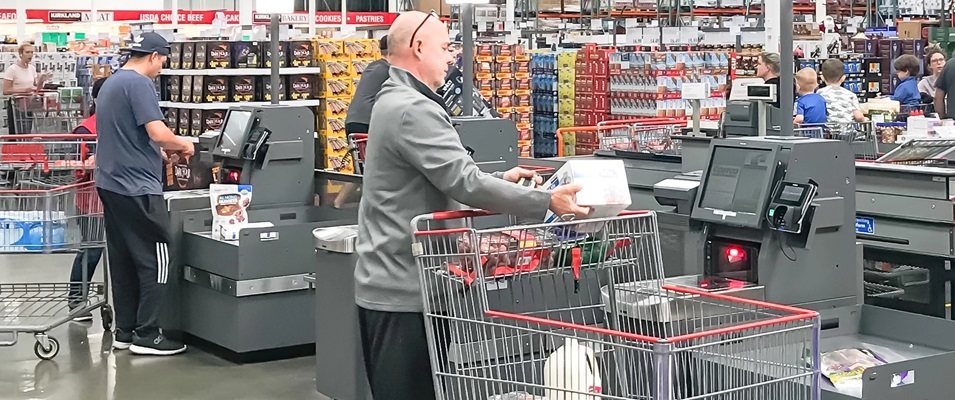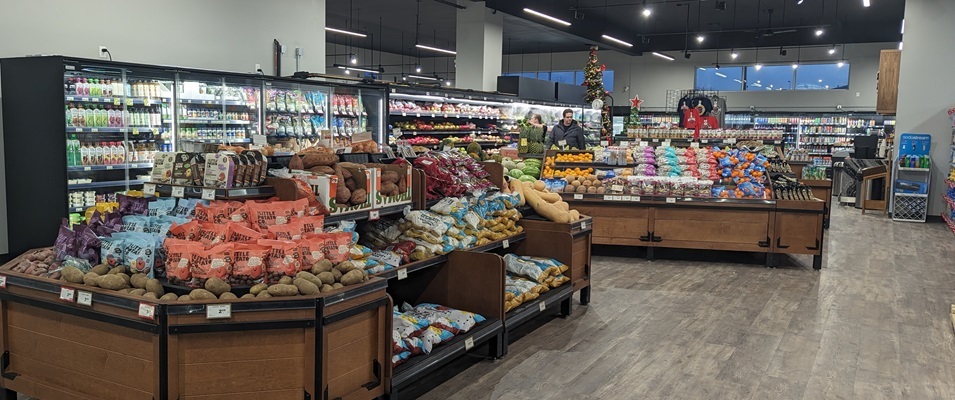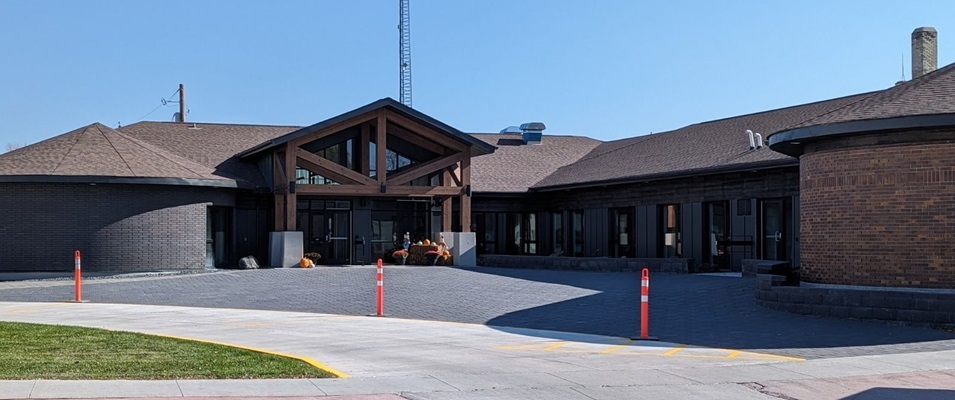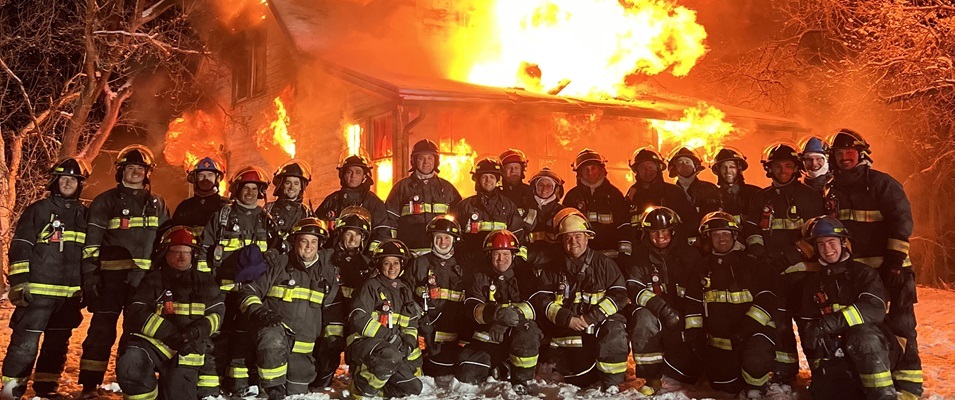
In recent weeks, the testing of anti-theft scanners at Canadian retail outlets has many people feeling like these new security measures are taking things a step too far. Introduced at four Loblaws-owned stores across neighbouring Ontario, the scanners have been developed to curb theft from self-checkout users.
Since Loblaws operates several major chains in Manitoba as well, such as Real Canadian Superstore, Shoppers Drug Mart, and No Frills, some locals are concerned that it’s only a matter of time before these devices are deployed closer to home.
The devices, which scan customers’ receipts, are located by a store’s exit. Before leaving, shoppers are required to scan their receipt’s barcode, demonstrating that they’ve paid for their purchase. The scanner in turn opens a metal gate which allows the customer to exit.
According to one Ontario shopper, the scanner in the store he attended caused some chaos when people tried pushing through the metal gate, unaware of the new scanning device as they passed by. This triggered alarms throughout the store, leading to confusion and anger.
It’s not a completely new concept. Walmart and other retailers have on occasion hired security personnel to check receipts. Costco, too, has been doing it for years.
Toronto-based consumer advocate and business lawyer Daniel Tsai isn’t surprised by the customer backlash, though. It’s a risky business, he says, when you try and prevent shoppers from leaving a store if there’s no evidence of wrongdoing.
Stores such as Costco can do it, he says, because customers agree to the receipt check when they sign up for a store membership.
“If they’re stopping you and you feel like you don’t have an ability to leave, and there is no basis for them to detain you, that qualifies as false imprisonment,” Tsai told the CBC.1
The Citizen reached out to a local Real Canadian Superstore to see if such a device is under consideration for use at their location. We also asked about the store’s experience with self-checkout theft. The manager was unable to comment without corporate approval.
We then reached out to residents of Niverville and Ritchot for their feedback on receipt scanners. Similar to customers at stores in Ontario, the concept was mostly met with contempt.
“How about they give people jobs or trust us to do self-checkout and not make us feel like criminals?” says Natasha Cooper. “[You’ve got] two choices: pay people or trust me.”
Christopher Rondeau agrees that he wouldn’t support a store that initiated receipt scanners.
“Once you have purchased the items, they are your property and you are under no obligation to prove that,” says Rondeau. “I do not believe it is legal for a store to prevent you from leaving without probable cause to do so. If they suspect you of shoplifting, then they can call the police and present their evidence.”
Like many shoppers, Keri Heiland says she’s never been a fan of self-checkout, let alone the scanners that may now be required in order to keep shoppers honest.
“I use them occasionally when I’m only purchasing a few items, [but I] find the area for my items too small and various other little annoyances that make me dislike them even more,” Heiland says. “I’m also a chatty person who enjoys that little interaction with the cashier and it is that extra chance to get assistance from store staff if needed. So adding the extra hassle of needing to scan my receipt to leave the store if I use self-checkout would make me choose other locations for my shopping needs.”
Elaine Krahn says that the simple experience of shopping is beginning to feel much too robotic for an old-school thinker like herself.
“I really enjoy human interaction and I believe that providing job opportunities such as a cashier job is also a great option for those who simply don’t have the qualifications for so many other job opportunities these days,” Krahn says. “Many seniors are really quite intimidated by all the fast-paced changes we see and I do not think it’s creating a better environment overall.”
Chelsea Brown explains that she’s ambivalent to the use of receipt scanners as long as they don’t create delays at the exit.
“I’m not sure that they can do it in a way that doesn’t create a long lineup to leave on busy days,” Brown says. “When my kids are losing their [minds] and I need to get them out of a busy public place quickly, I need to go. Also, on the topic of self-checkouts, I actually love them. I really don’t want to talk to anybody at the store. I want to do it myself.”
Amidst the anti-scanner sentiment, though, Margo DeCruyenaere approaches the subject from the perspective of someone who has worked in grocery retail for 15 years. She now works in management.
“The amount of theft, with or without self-checkouts, is absolutely disgusting,” DeCruyenaere says. “It’s not just kids or delinquents, either. Middle-aged people and seniors are just as bad.”
At her store alone, she says, the value of stolen items runs into six-figure territory on an annual basis. She estimates that it equates to a full five to eight percent of the store’s overall sales.
“It has always been a bit of an issue, but especially in the last four years, since COVID-19, it has increased,” she adds. “It’s no longer just your typical criminals coming and testing their chances at getting away with something. These are often well-thought-out plans to steal expensive items in a sophisticated manner.”
DeCruyenaere says that while inflation may be partly to blame, there seems to be some degree of entitlement behind modern-day shoplifting.
“If [thieves] were truly financially desperate, they would be stealing things like milk, butter, eggs, formula, etcetera,” she says. “But it is far more often than not the fresh meat and cheeses.”
Store management and staff work hard to catch thieves in the act before they can get away, she says, but they must do it without putting anyone in harm’s way. Hiring full-time security staff to do the job would mean adding a major cost to the store’s overhead, which would affect grocery prices for every shopper.
She’s not alone.
“I have no issue with the [receipt scanner],” says Sheri Mahara. “There are a lot bigger issues in the world to worry about. Store theft is real, and the more the store loses, the more we have to pay for items. It’s a shame it has to be done, but whatever.”



















